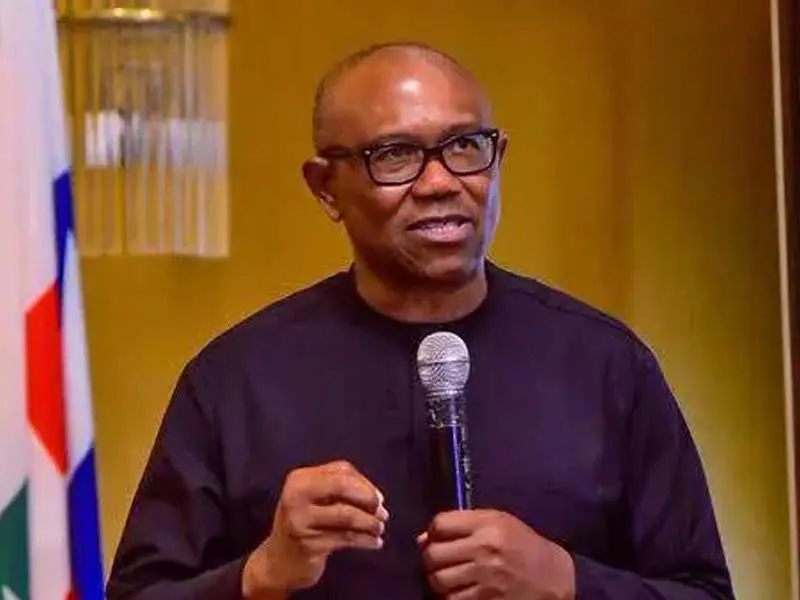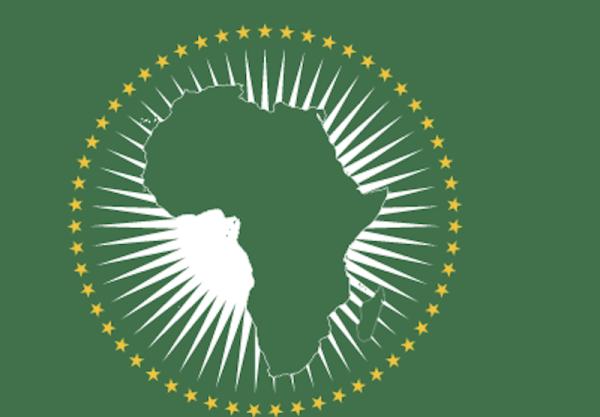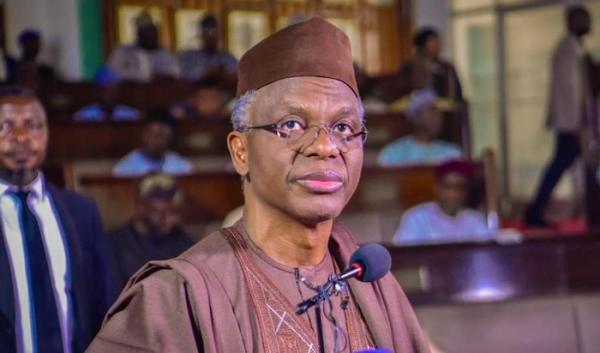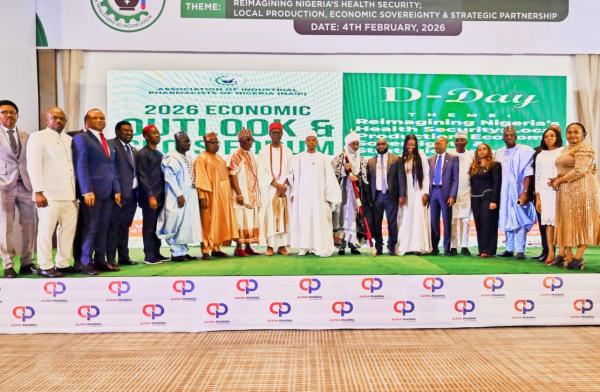
Peace crept back to the Southern part of the country when leaders and stakeholders in the Niger Delta yesterday presented a 16-point demands to President Muhammadu Buhari on issues that bordered on the socio-economic development, security and restoration of peace in the oil-rich region.
According to CEOAFRICA’s source, New telegraph, one of the demands by the stakeholders, including traditional rulers, is inclusive participation of the region in oil industry and ownership of oil blocs.
On the ownership of oil blocks by the stakeholders, the document presented to the president stated that: “The sense of alienation of Niger Delta from the resources of their land, will continue, until there are affirmative actions that guarantee the involvement of these communities in the ownership and participation in the oil and gas industry.
“We therefore, urge the Federal Government to enunciate policies and actions that will address the lack of participation as well as imbalance in the ownership of oil and gas assets. “We similarly urge the institution of host community content within the Nigerian content framework, across the entire enterprise chain of the petroleum and maritime sectors.”
On the pipeline contracts, they stated that: “The incessant breaching and vandalism of pipelines, and oil theft, have taken direct tolls on oil production and supplies, with corresponding adverse effects on the economy of our dear country.
“Pipeline vandalism also damages the environment, health and economic activity of inhabitants of affected areas, as well as complicates environmental clean-up efforts.
“It is therefore our view that an urgent review be done to pipeline surveillance contracts to give the responsibility to communities rather than individuals in a manner that ties some benefits to their responsibility.
Communities would then see their responsibility over the pipelines as protection of what belongs to them.”
Addressing State House Correspondents after the meeting, former military administrator of old Rivers State and the Amanayabo of Twon- Brass, King Diette Spiff, said other demands contained in the document presented to President Buhari were the need for enforcement of the zero gas flaring deadline, approval for the take-off of the Maritime University, Okerenkoko in Delta State and award of pipeline surveillance contracts to the communities in the area.
The leaders, he noted, also demanded for the immediate relocation of administrative and operational headquarters of International Oil Companies (IOCs) to the region. Most of the oil companies, he noted, are not located in the Niger Delta.
Other demands in the position paper are the resolution of a number of pending law and justice issues regarding some aggrieved groups and individuals, restructuring and funding of the Niger Delta Development Commission (NDDC) and the Ministry of Niger Delta Affairs to ensure that they reflect true interventionist organisations meant to swiftly tackle the yearnings of the grassroots of the Niger Delta.
The Niger Delta leaders also demanded a comprehensive resettlement plan including development for the host communities and displaced population to reduce the risk of making the region a stateless people. They said government must also improve power supply in the region since the need for a power plan.
On economic development and empowerment, they want Brass Liquefied Natural Gas (LNG) and fertiliser plant project, including the Train 7 implemented and reviewed with the view to updating the national gas master plan in order to integrate the economic interests and industrialisation of the region.
According to King Spiff, leaders also want the Federal Government to create a Niger Delta industrial corridor that would process some portions of the bat hydrocarbon natural resources, expediting work on the export processing zones, harnessing the huge rain-fed agricultural potential of the area through the development of farms estates, fishery development projects and agro-allied industrial clusters.
Central in the 16-point demand is also the need to reduce military occupation of communities in the region, which they explained was causing agitation among the youth. Diete-Spiff said: “Of course, you have the welfare of the people. These are the main things.
“Relocation of the oil companies is one of the points that we pointed out. These oil companies (IOCs) have their headquarters somewhere in Lekki or Abuja and even their operational headquarters are not within the area of their operations.
“This is not right because even the `pay as you earn tax’ is not coming to the region, they will just come and harvest and go away. The presence of the military of course, you know, has been agitating the boys and that too, we said, should be reversed. We don’t want to see the region being militarised.
“We really need to engage the youth who have been trained by the Amnesty Programme. “In addition, the Ogoni situation for instance, is one of many. So, while they have been (cleaning) doing the Ogoni, the exercise should be extended to other parts of the Niger Delta.”
Diete-Spiff gave an assurance that the people of the Niger Delta remained committed to achieving peace and progress of the country. He stated that the region had resolved to help the Buhari-led administration to succeed.
In his remarks, Minister of State for Petroleum Resources, Dr. Ibe Kachukwu, said that President Buhari insisted that he needed to unravel the root causes of underdevelopment in the region with the view to finding lasting solution to youth restiveness.
Kachukwu said: “He (president) was very quick to point out that he did not want a quick solution; he needed to go to the roots of why this problem has persisted through all the various governments.” According to the Petroleum Minister, Buhari assured that his government will study carefully all demands raised in the document presented by the Niger Delta leaders in order to take the right steps for lasting solution. His words: “We had over a hundred representatives. So, it was a very well attended function.
Opinions given were very honest, very frank to the point. But I think at the end of the day, we exchanged enough thought processes to go back to the drawing board to begin a process of work. “The reality is that as of today and this morning, we are at 2.1 million barrels production. That’s substantial.
That would not have happened without efforts that went behind through the royal fathers and leaders, to the militant leaders. A lot of behind-the-scene engagements had taken place and will continue to take place.”
Buhari, according to a statement by his Special Adviser on Media and Publicity, Femi Adesina, said the service chiefs were putting together their own assessment of the militancy situation. “When I have these reports, including this one (just presented), we will revisit the situation (in the region) to ensure that we succeed this time,” the president was quoted.
The president, however, cautioned the leaders of the Niger Delta that they had more to do than anyone else to bring peace to the region; given the influence they have on militant groups. “Let us create jobs for our people and let us be accountable to our people where we are sitting on treasuries, whether it is local government, state or the centre,” the president said.
Also speaking, former Minister of Information, Chief Edwin Clark, who led the delegation with King Spiff, said that all the aggrieved groups in the region have collapsed into what is known as the Pan Niger Delta Forum under his leadership and that of King Spiff. Clark, who also spoke on Buhari’s reaction at the meeting, said that the president was impressed and happy with the deliberation. Governor Ifeanyi Okowa of Delta State, who also briefed correspondents on the outcome of the meeting, said the on-going negotiations were largely about the future of the Niger Delta.
Vice President Yemi Osibanjo, the Chief of Staff, Abba Kyari, and the Secretary to the Government of the Federation, Mr. Babachir David Lawal, accompanied the president to the meeting. Others were the Ministers of Justice, Defence, Petroleum (State), Transportation, Niger Delta, Education (State) and the Chief of Defence Staff.
The National Security Adviser, the Director-General, DSS, the Chief of Army Staff, Chief of Naval Staff, the representatives of the Chief of Air Staff, and the Inspector-General of Police were also in attendance.
Other stakeholders from Niger Delta who attended the meeting included former governor of Akwa Ibom, Obong Victor Atta, Ankio Briggs, Alabo Graham Douglas, Timi Alaibe, Mr. Nduka Ogbegbena and a host of others. However, former President Goodluck Jonathan, a frontline stakeholder from the region was not present at the meeting, so also Mujahid Dokubo-Asari and Tompolo.




















